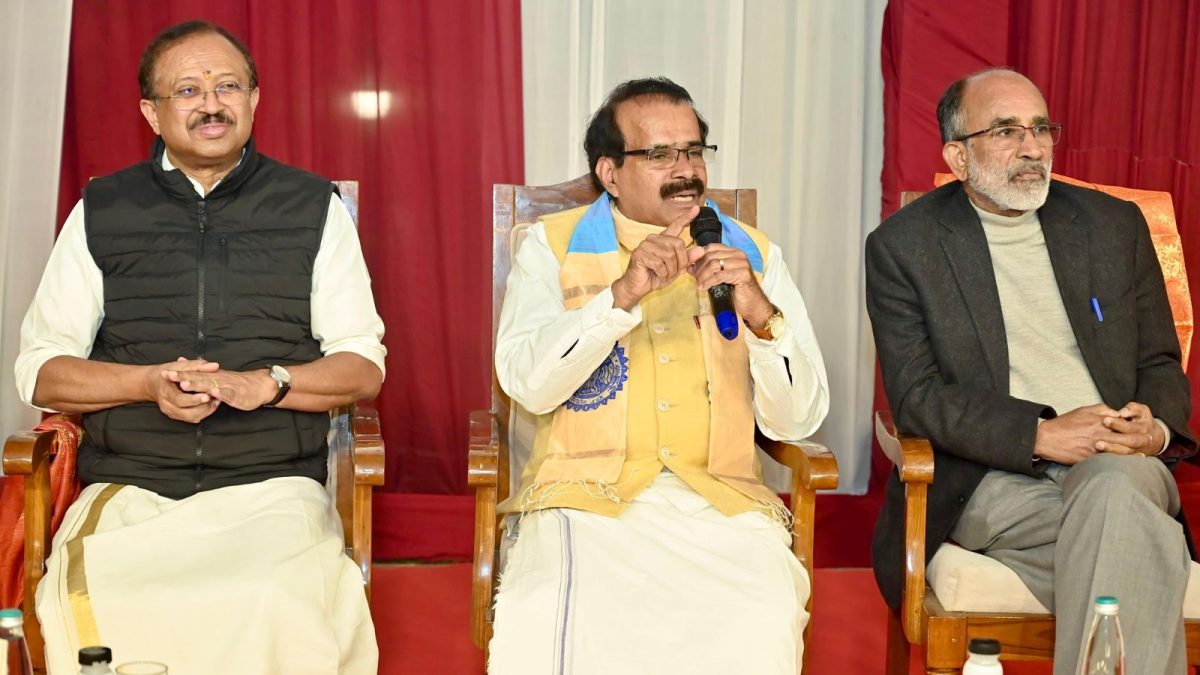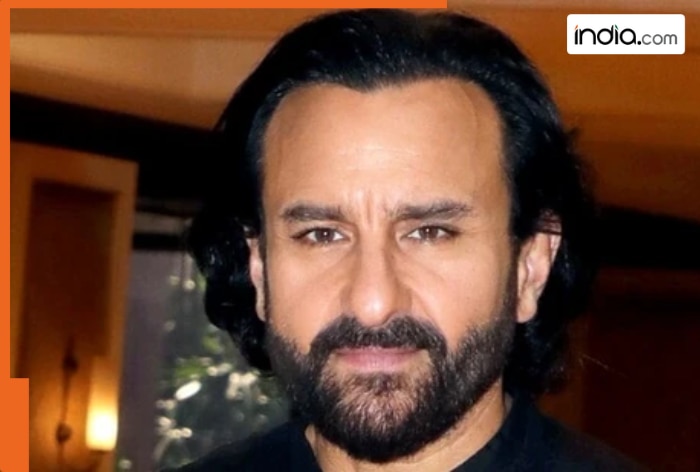By CHRIS MEGERIAN and JOSH BOAK
WASHINGTON — Two months ago, in his first network television interview after the election, Donald Trump said he owed his victory to Americans’ anger over immigration and inflation, specifically the rising cost of groceries.
“When you buy apples, when you buy bacon, when you buy eggs, they would double and triple the price over a short period of time,” he told NBC’s “Meet the Press. “And I won an election based on that. We’re going to bring those prices way down.”
But in Trump’s first week back in the White House, there was little in his initial blitz of executive orders that directly tackled those prices, besides directing federal agencies to start “pursuing appropriate actions.” He is taking steps to lower energy costs, something that Trump hopes will have ripple effects throughout the economy. Otherwise, his focus has been clamping down on immigration, which he described as his “No. 1 issue” shortly after taking the oath of office.
“They all said inflation was the No. 1 issue. I said, ‘I disagree,’” Trump said. “I talked about inflation too, but how many times can you say that an apple has doubled in cost?”
Trump is banking on voters giving him a pass and continuing to blame former President Joe Biden for high prices. The Republican’s comments reflect the reality that presidents have almost no levers to reduce inflation quickly without causing collateral damage to other parts of the economy.
There is more that Trump can do on energy. He is pushing to reduce regulations and increase the amount of land available for drilling. He is trying to persuade domestic and foreign oil producers to potentially sacrifice their own profits by pumping more.
During a rally Saturday in Las Vegas, Trump went after his Democratic predecessor for allowing prices to rise under his watch, and promised to take care of the problem quickly.
“When I think of Biden, I think of incompetence and inflation,” Trump said.
Inflation peaked at a 9.1% annual rate in June 2022 during worldwide supply chain problems after the economic shock of the coronavirus pandemic. Overall consumer prices have fallen since then, but have ticked up in recent months, from 2.4% in September to 2.9% in December, the latest figures available. Economists have warned that Trump’s plans for tariffs and tax cuts could create new inflationary pressures and keep interest rates elevated.
Vice President JD Vance, in an interview with CBS’ “Face the Nation” airing Sunday, defended the White House’s work so far.
“Prices are going to come down, but it’s going to take a little bit of time, right?” he said. He added, “Rome wasn’t built in a day.”
Trump’s relative shift away from addressing costs could create an opening for Democrats to say he is not helping working-class voters, hoping that argument could offer the party a path back to power in Washington.
Sen. Chris Murphy, D-Conn., said Trump preferred to distract people from inflation with talk of adding Greenland to the United States or seizing the Panama Canal.
“It’s catnip and it causes everybody to stop paying attention to their actual economic agenda, which has nothing to do with lowering costs and everything to do with rigging the economy to help the Mar-a-Lago crowd,” he said.
During an interview on Fox News this past week, host Sean Hannity struggled to get Trump to focus on the economy.
“Let me get to the economy,” Hannity said at one point. “I’m running out of time.”
“The economy is going to do great,” Trump insisted.
When Trump did talk about inflation in the interview, he noted how low it was during his first term and insisted prices would not have jumped up if he had president after the 2020 election, even though higher inflation was a global trend coming out of the pandemic.
It is not clear how Trump would persuade oil companies and foreign countries to quickly increase production, possibly costing them profits.
The Energy Information Administration reported that domestic oil production has grown at an annual rate of roughly 8.4% over the past two years to an average of nearly 13.5 million barrels a day in October. Some Trump aides suggest that could increase by an additional 3 million barrels a day.
It would be difficult to achieve that much additional production in a single year without serious changes to the global market. The International Energy Agency estimates that the oil supplied to the entire world will increase by 1.8 million barrels per day to 104.7 million barrels a day. He also has expressed opposition to climate-friendlier wind and solar energy, putting more pressure on the U.S. economy to rely on fossil fuels.
EJ Antoni, a research fellow at the Heritage Foundation, a conservative think tank in Washington, said the potential increase in energy production under Trump would ultimately flow through the economy in the form of lower prices.
“If you’re going to bring down the cost of energy, you’re going to bring down the cost of all kinds of goods and services,” he said.
But there is a risk that some of Trump’s plans taken as a whole could raise — not reduce — prices. Deporting migrants who are in the United States illegally could deprive companies of lower wage workers. The cost of tariffs, which are taxes placed on foreign imports, could be passed on to consumers.
Trump said that his strategy also might ultimately involve publicly pressuring the Federal Reserve to cut interest rates, saying in Davos that he would “demand” lower rates from central banks. The Fed sees its political independence as key for making tough choices to stabilize prices. Biden saw the independence as worth protecting, whereas Trump sees it as problematic.
The Fed raised its benchmark rates starting in 2022 to make it more expensive to borrow and succeeded enough in reducing inflationary pressures that it could trim rates late last year. Trump believes that greater oil production will put him in a position to tell the Fed what to do.
Asked in the Oval Office if he expects the Fed to listen to him, Trump simply said, “Yeah.”
Stay up-to-date with Colorado Politics by signing up for our weekly newsletter, The Spot.
Originally Published:







